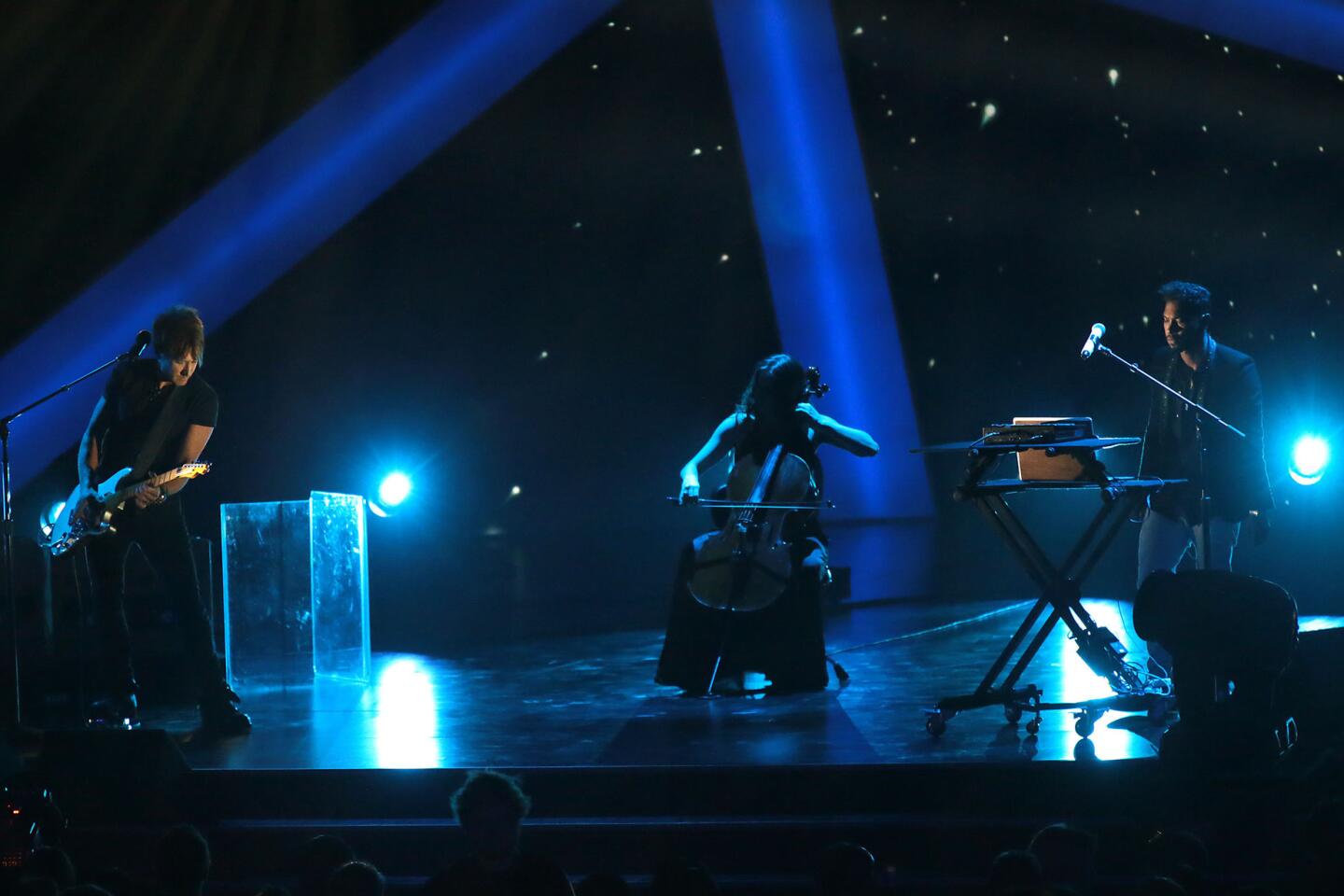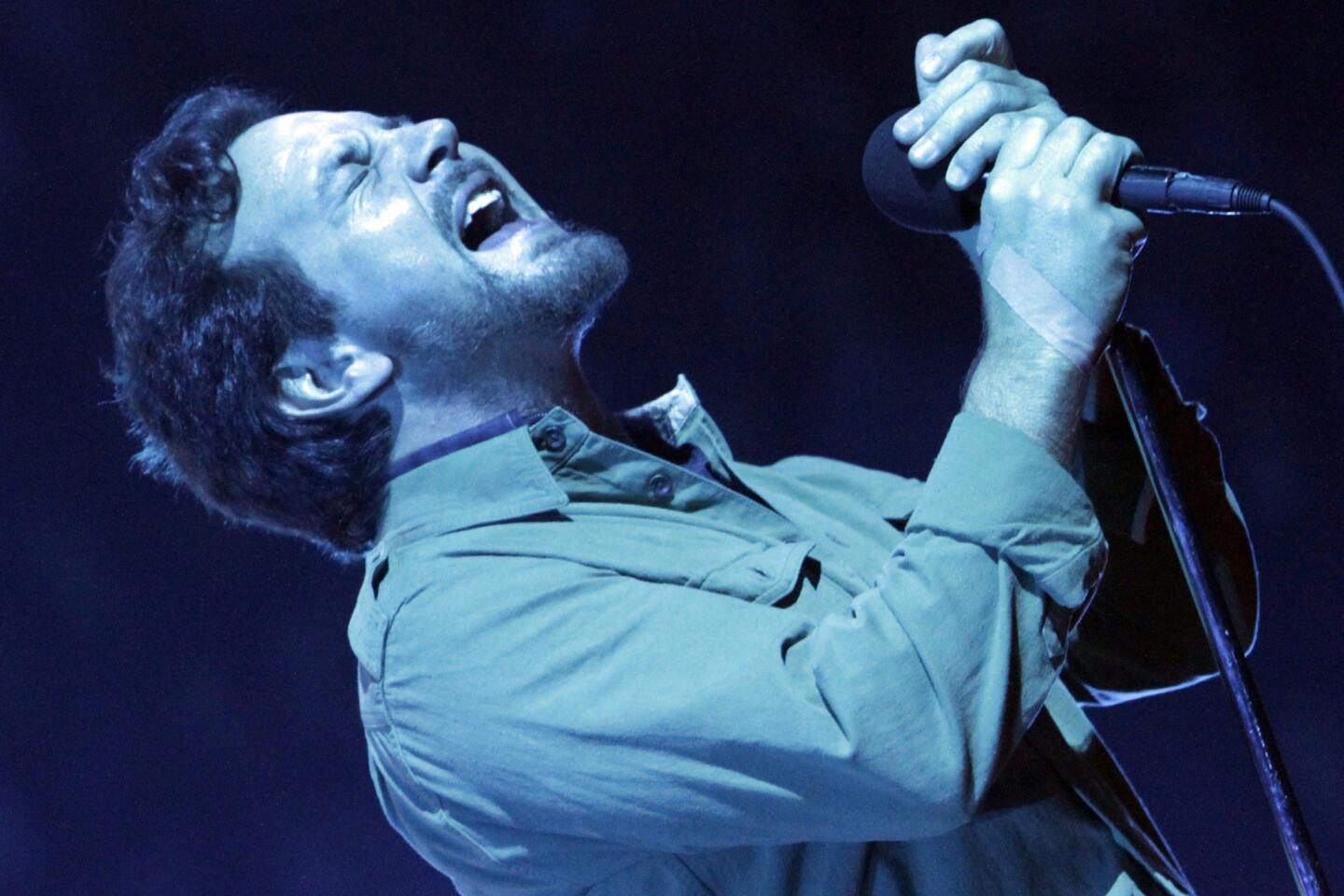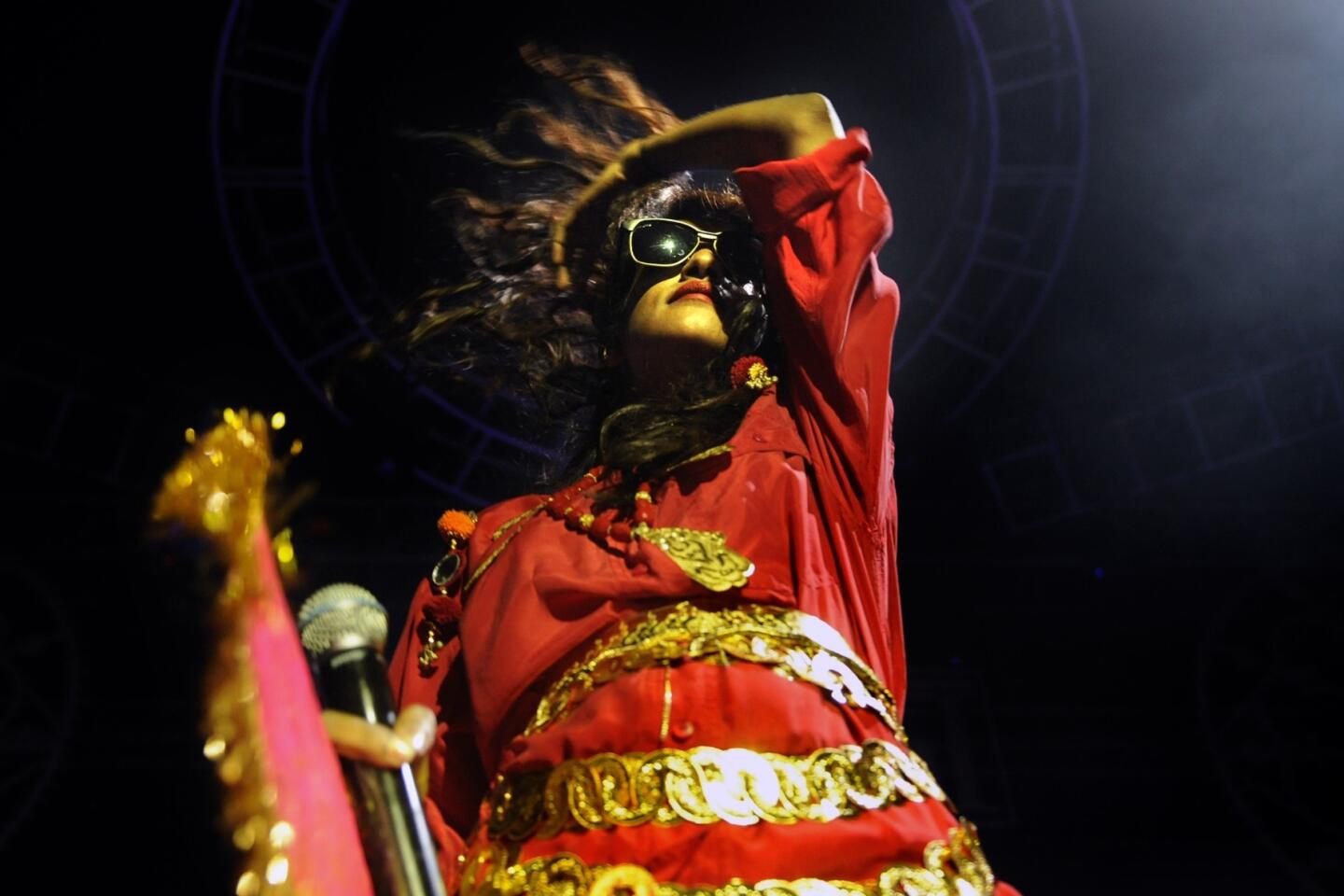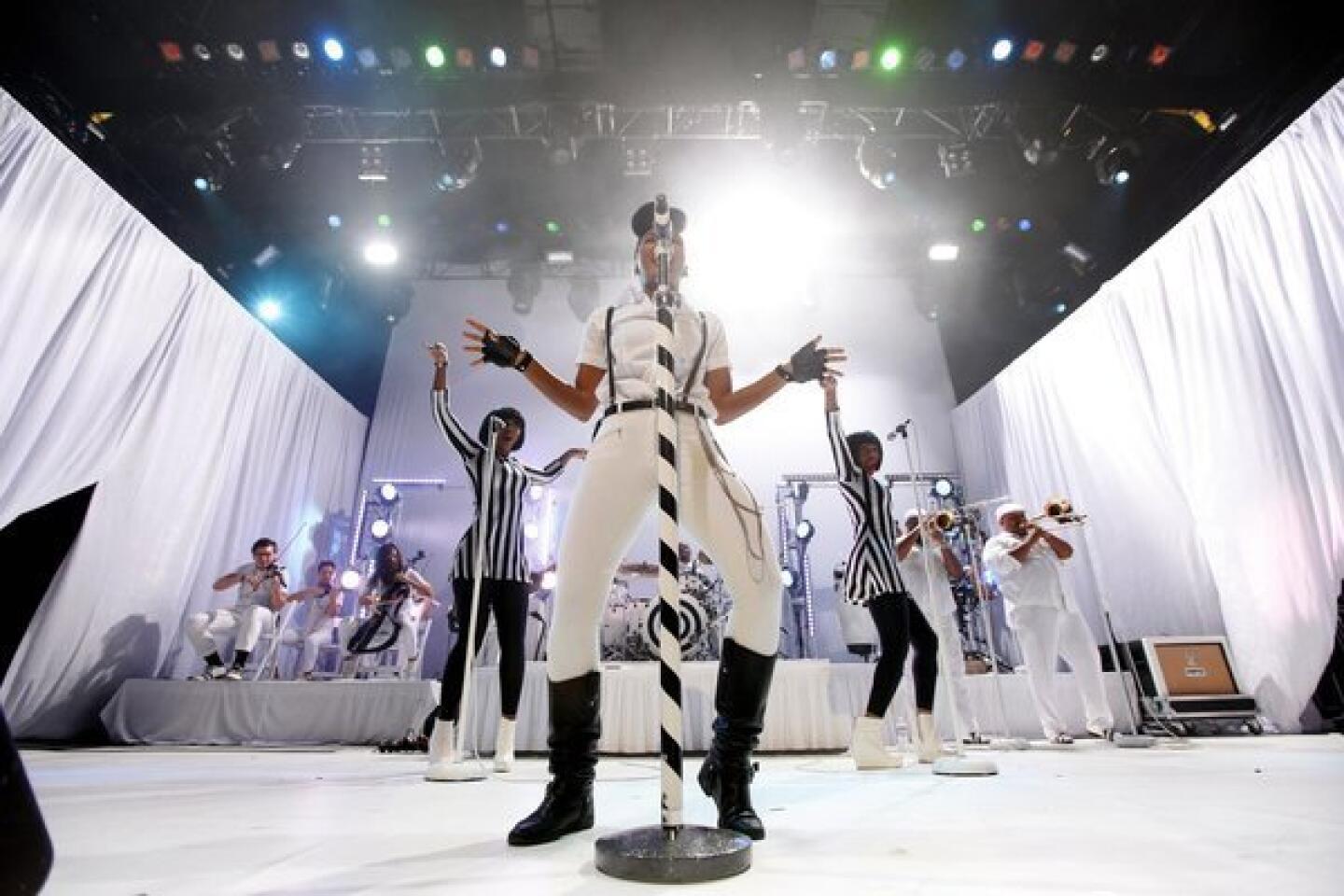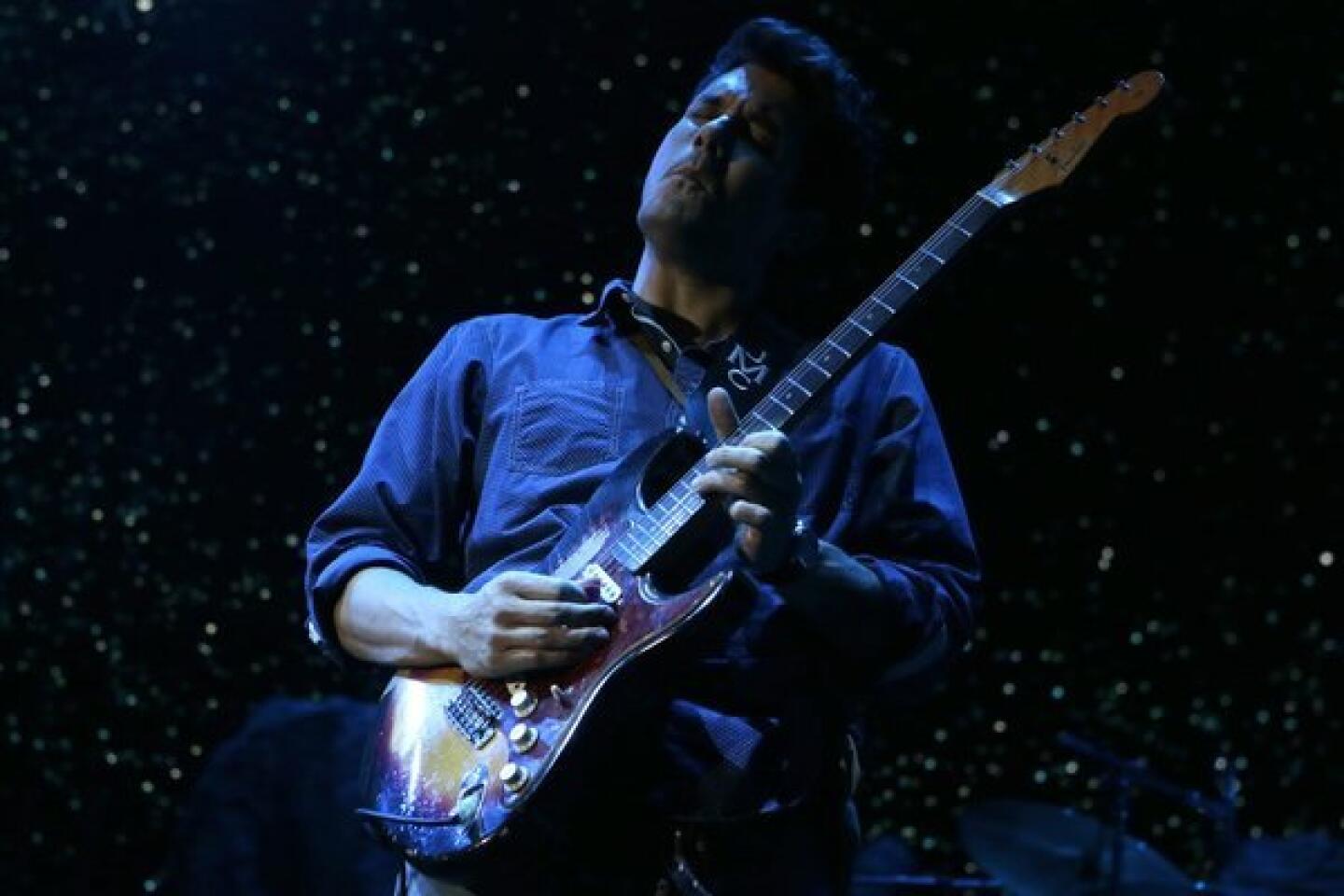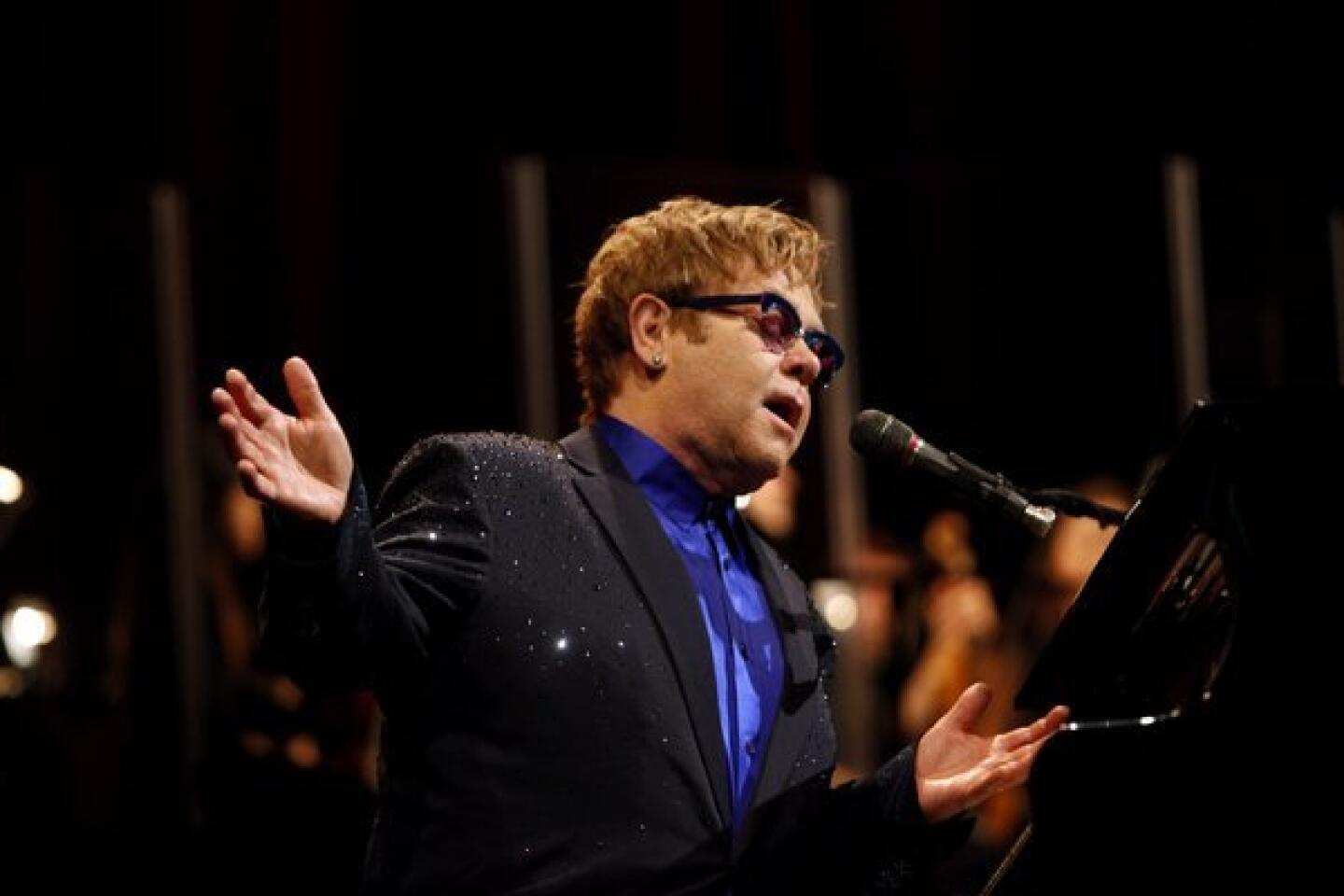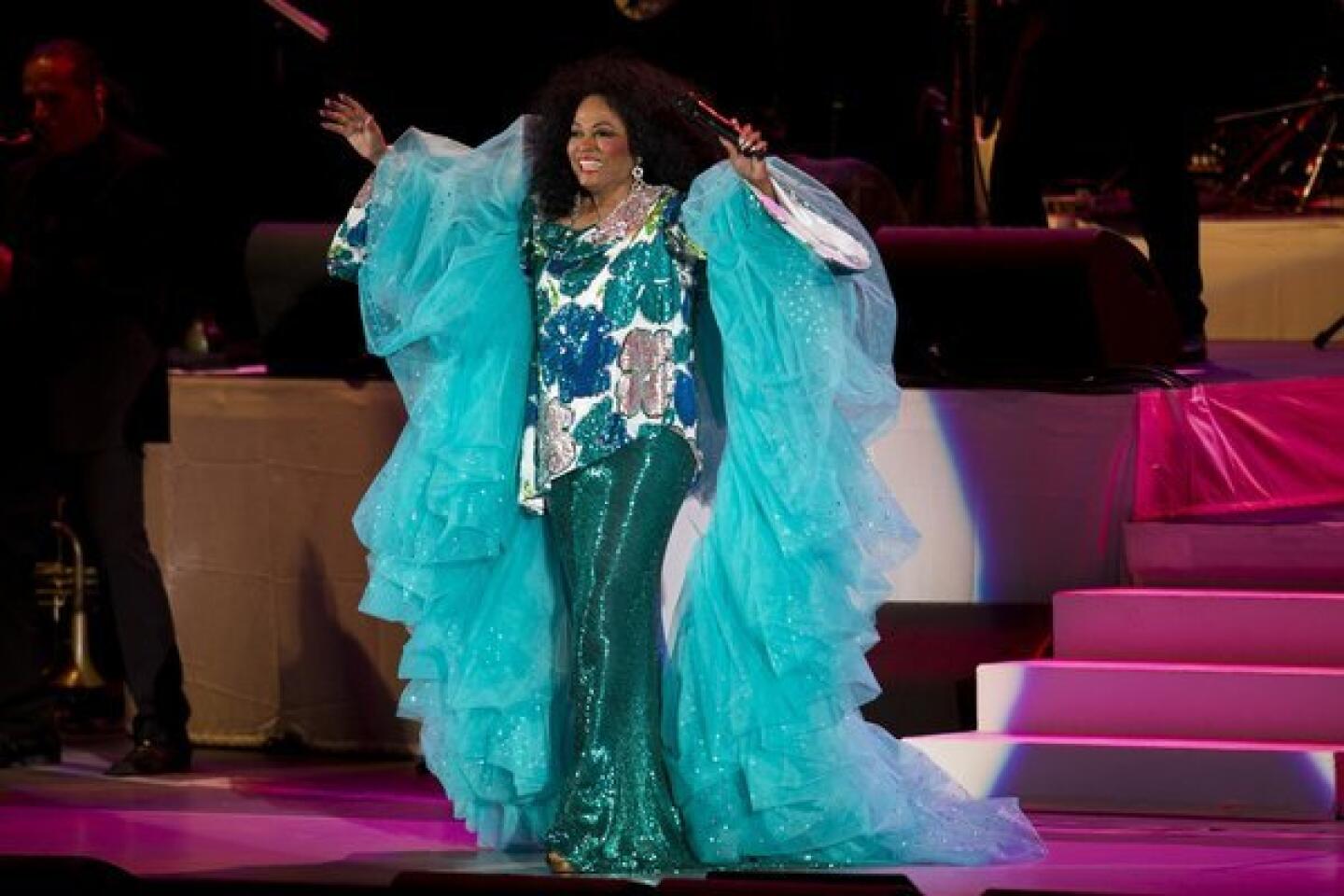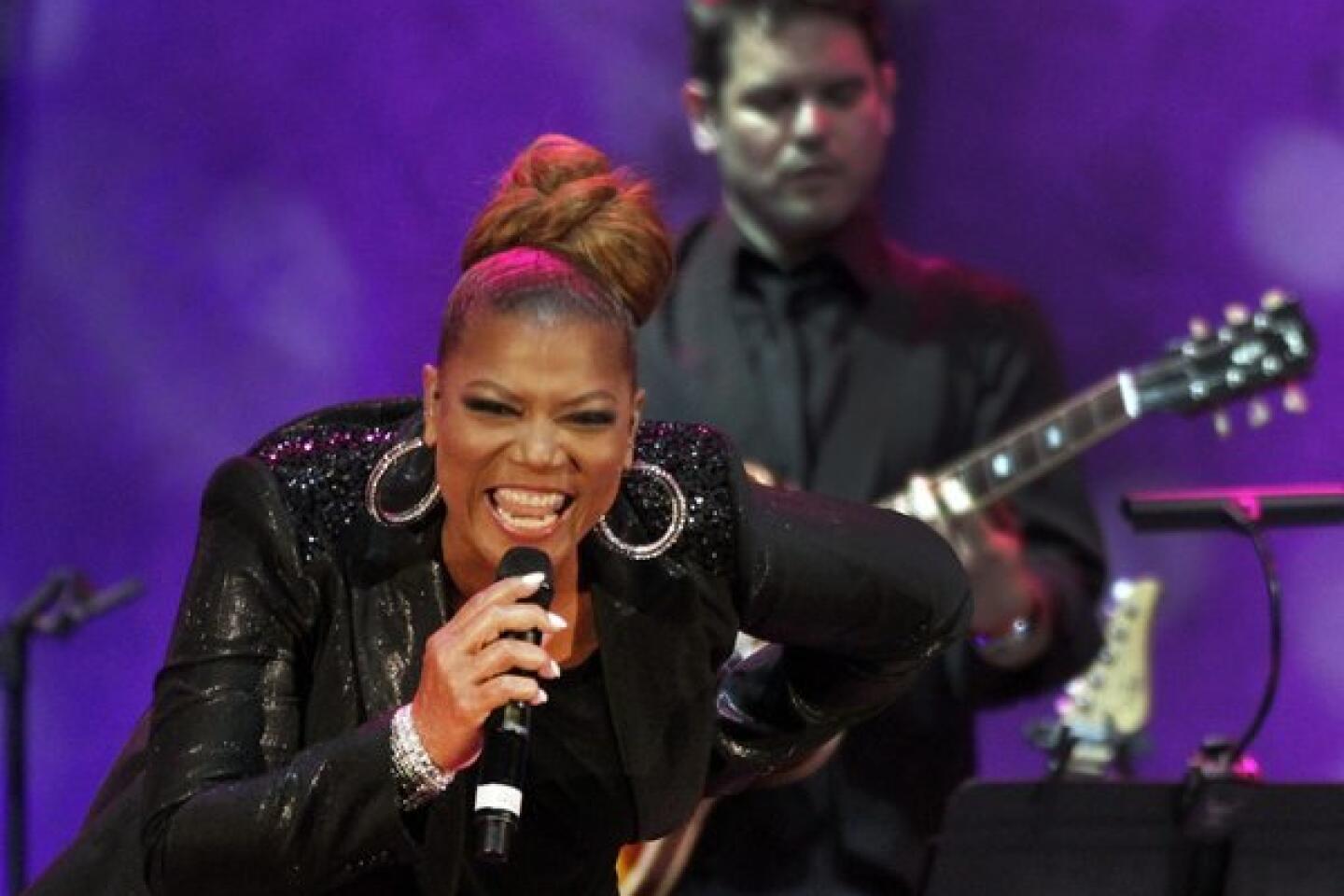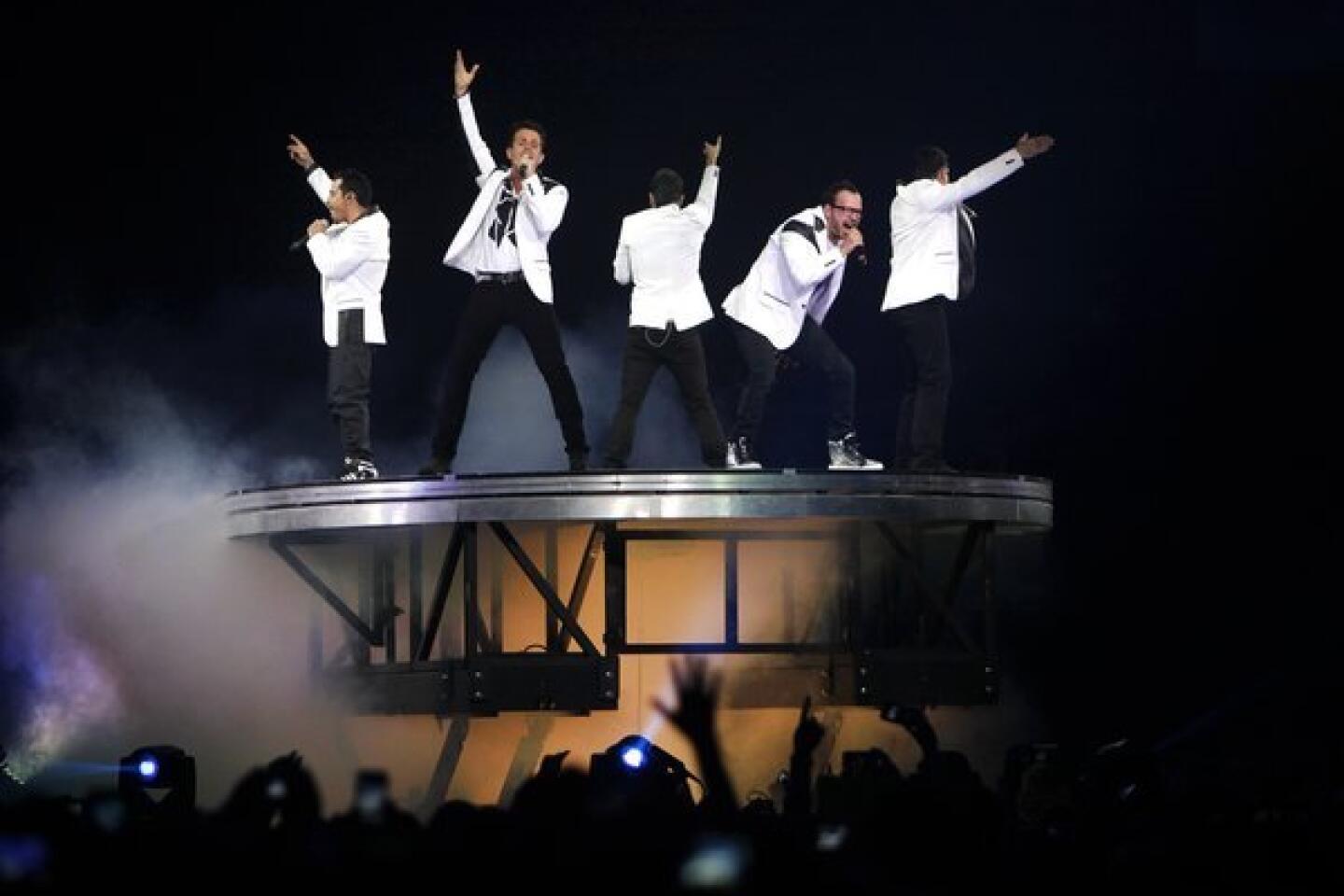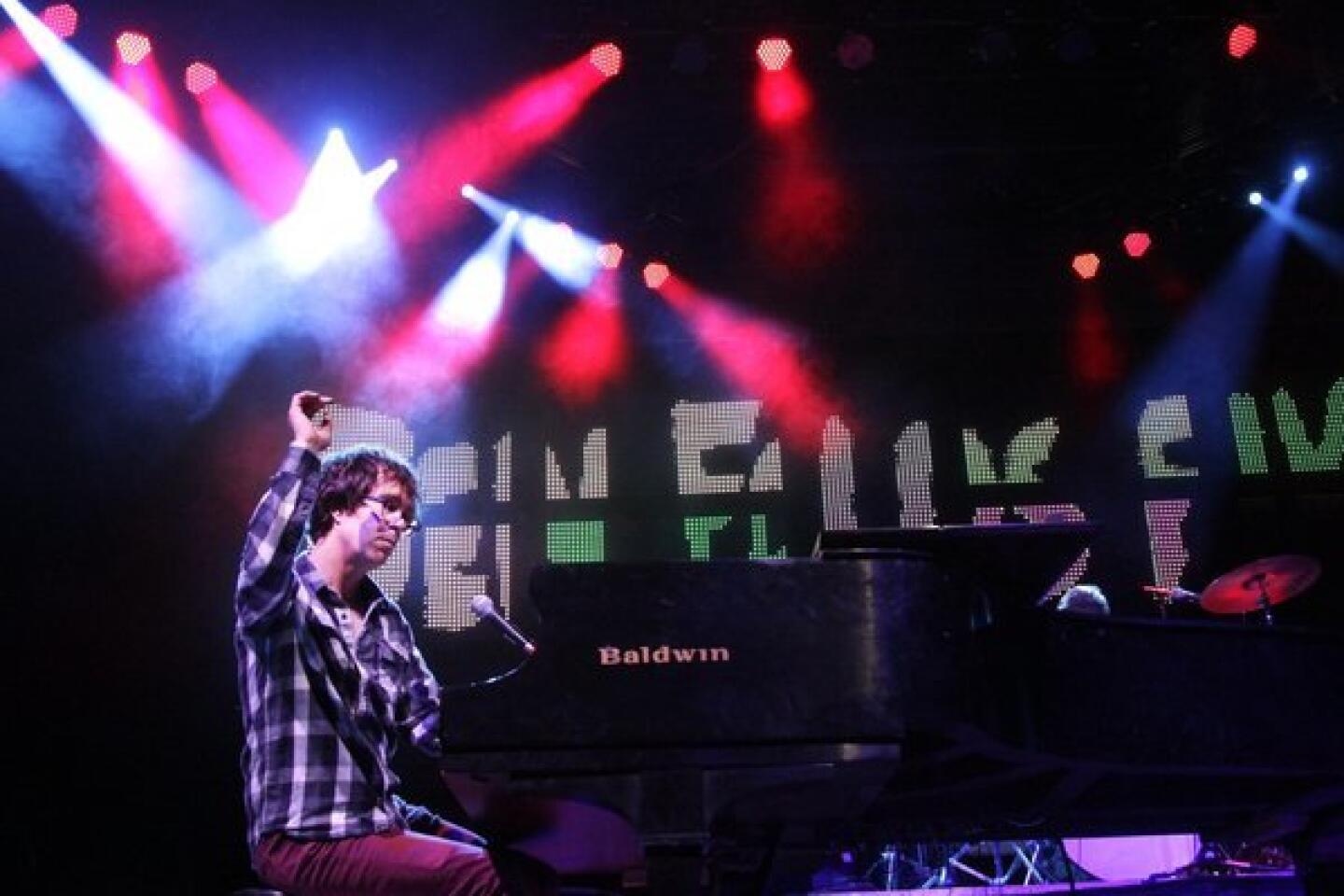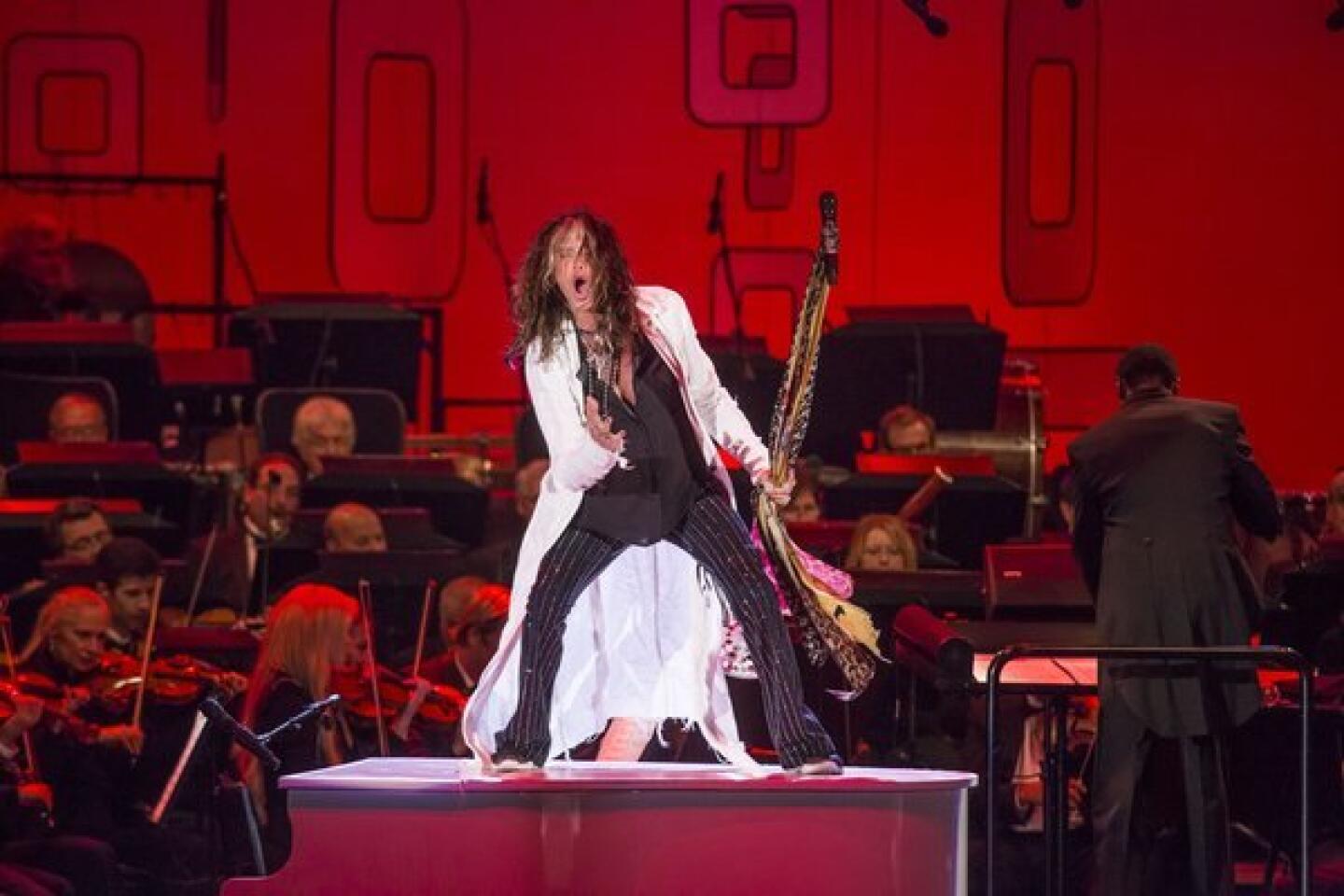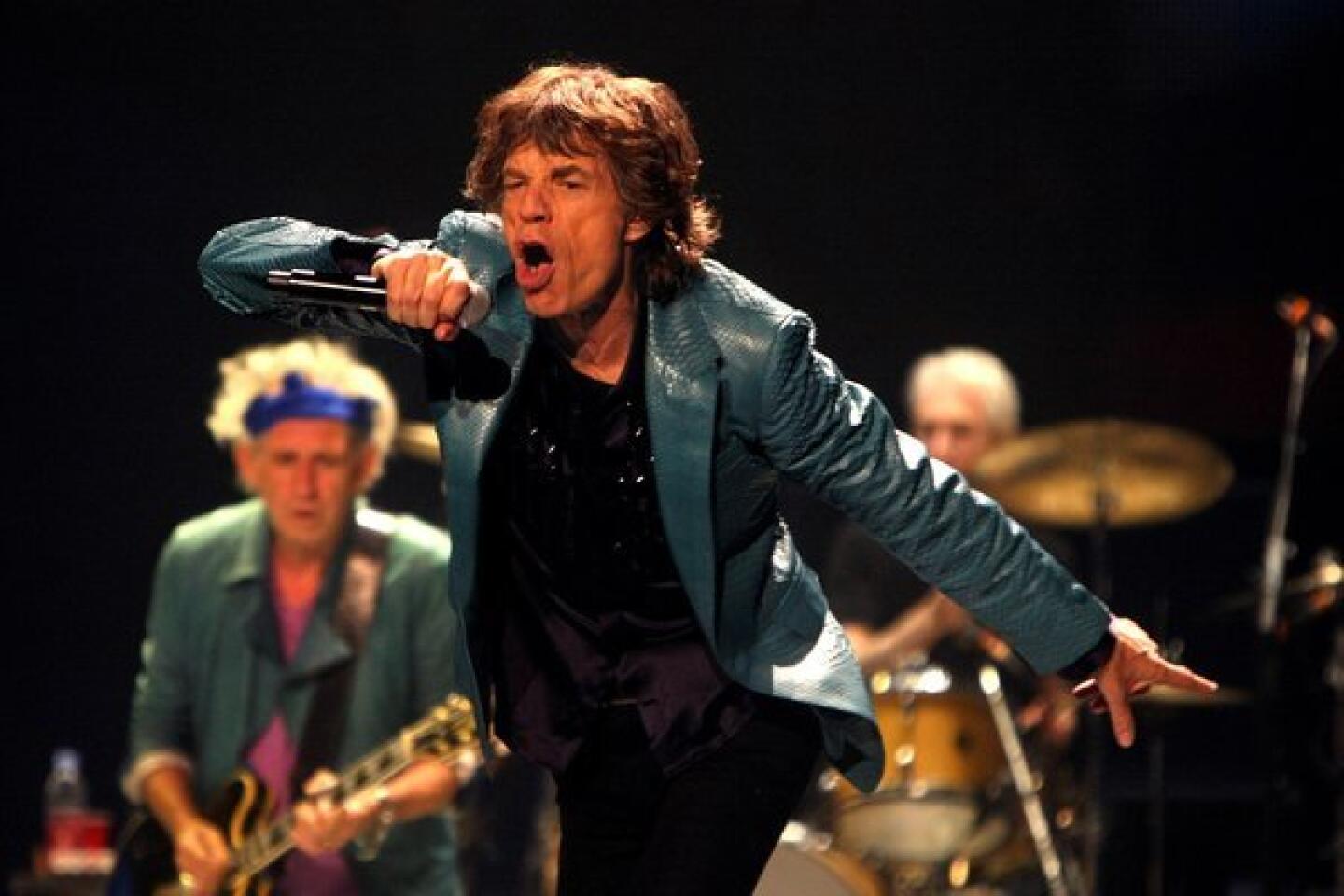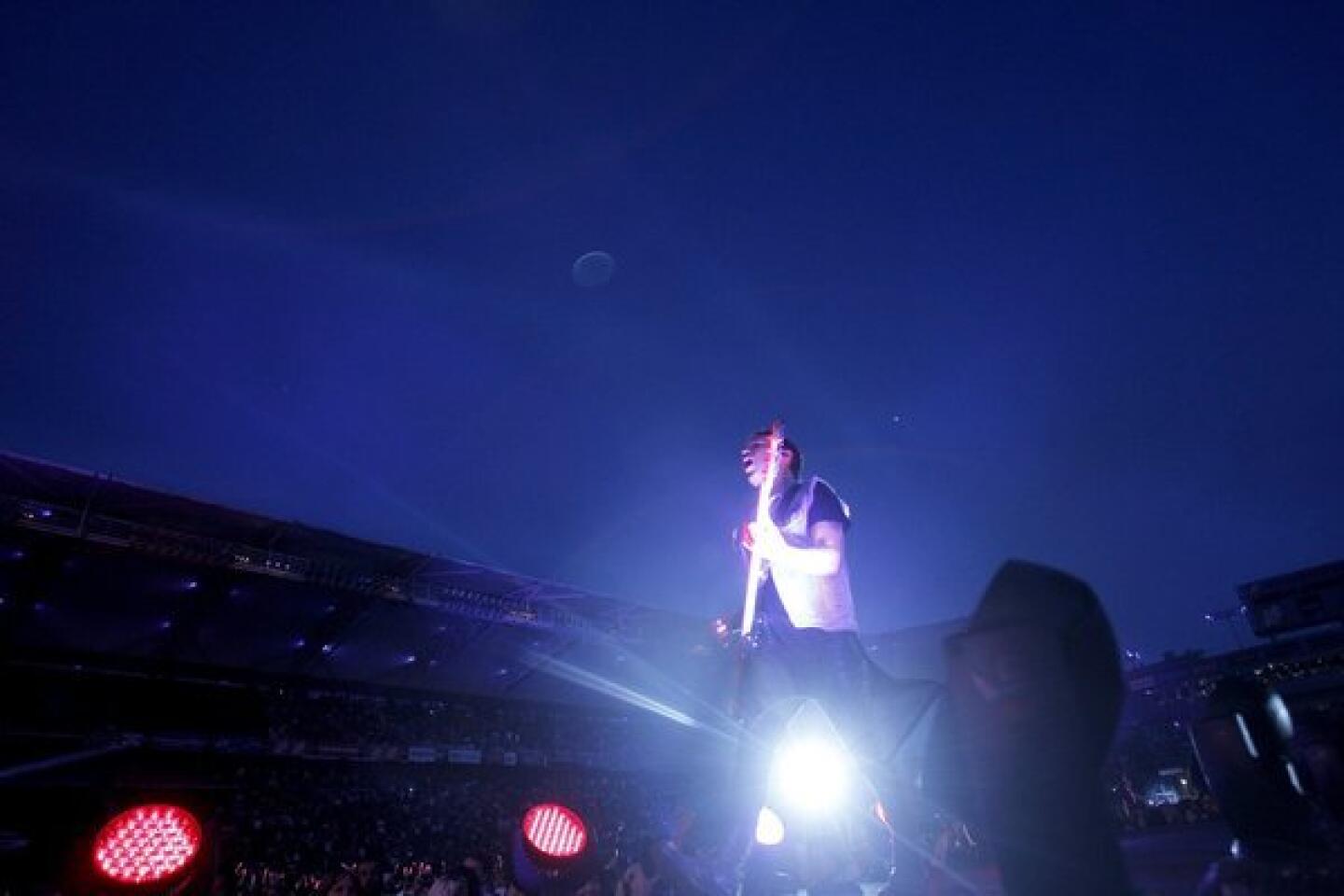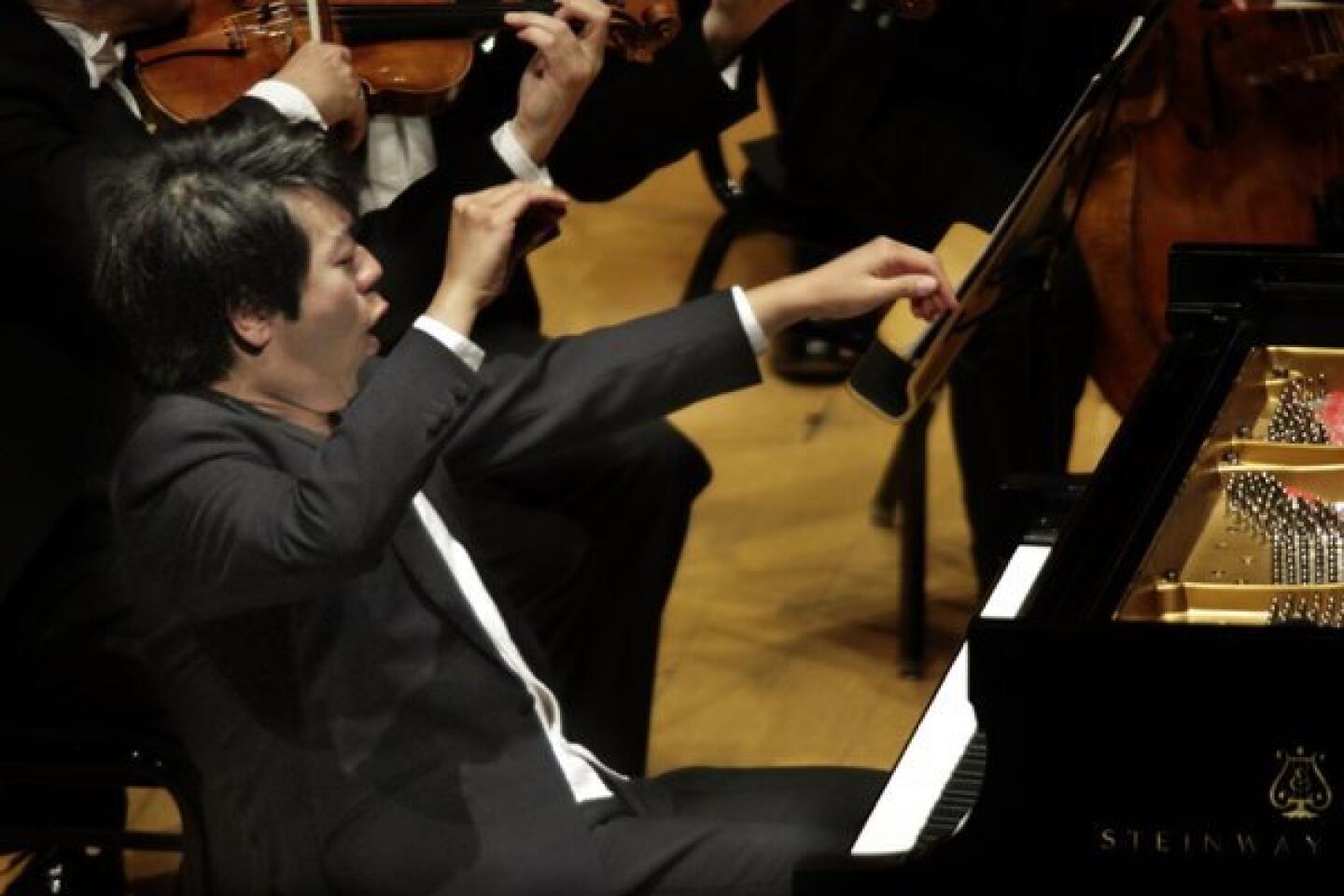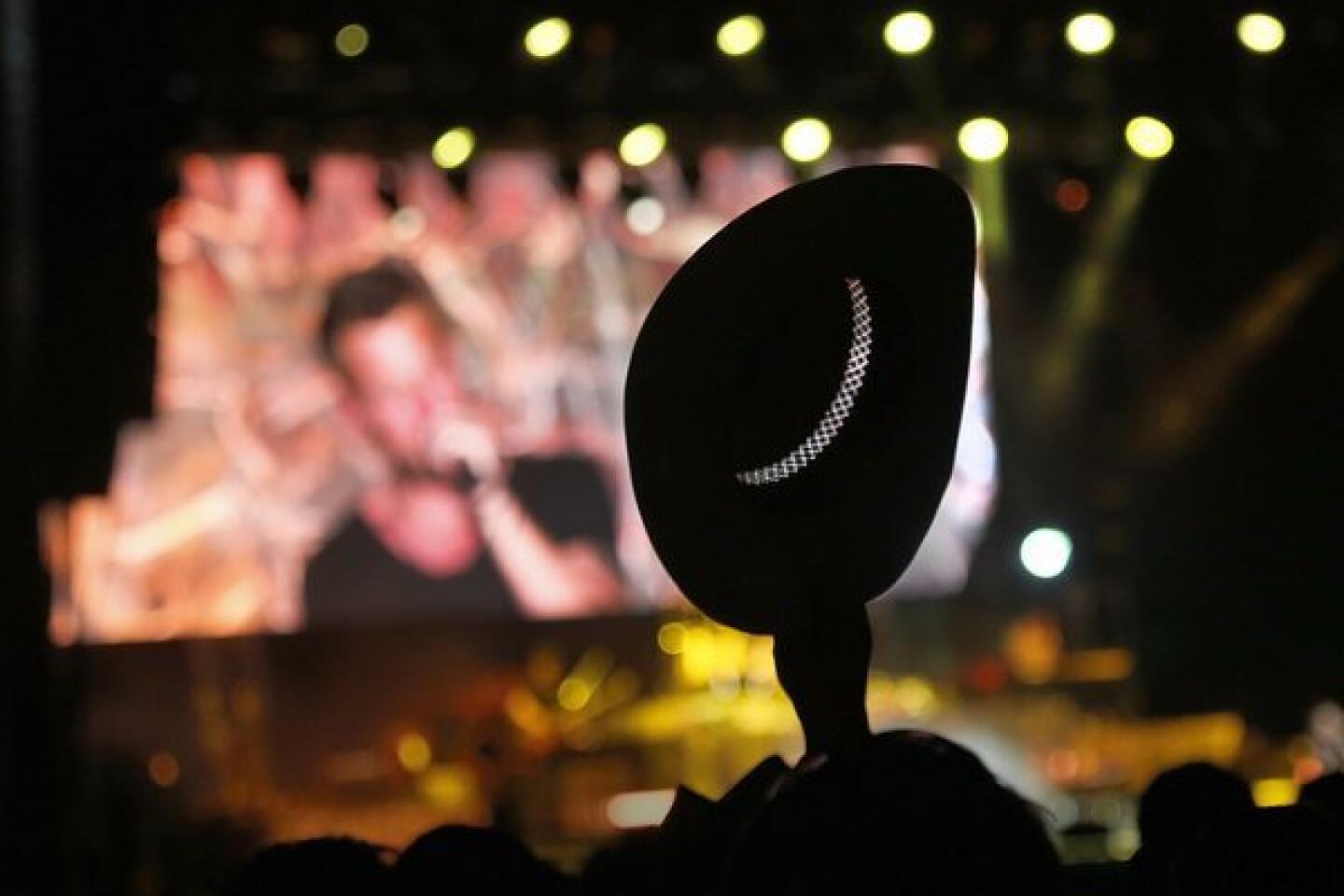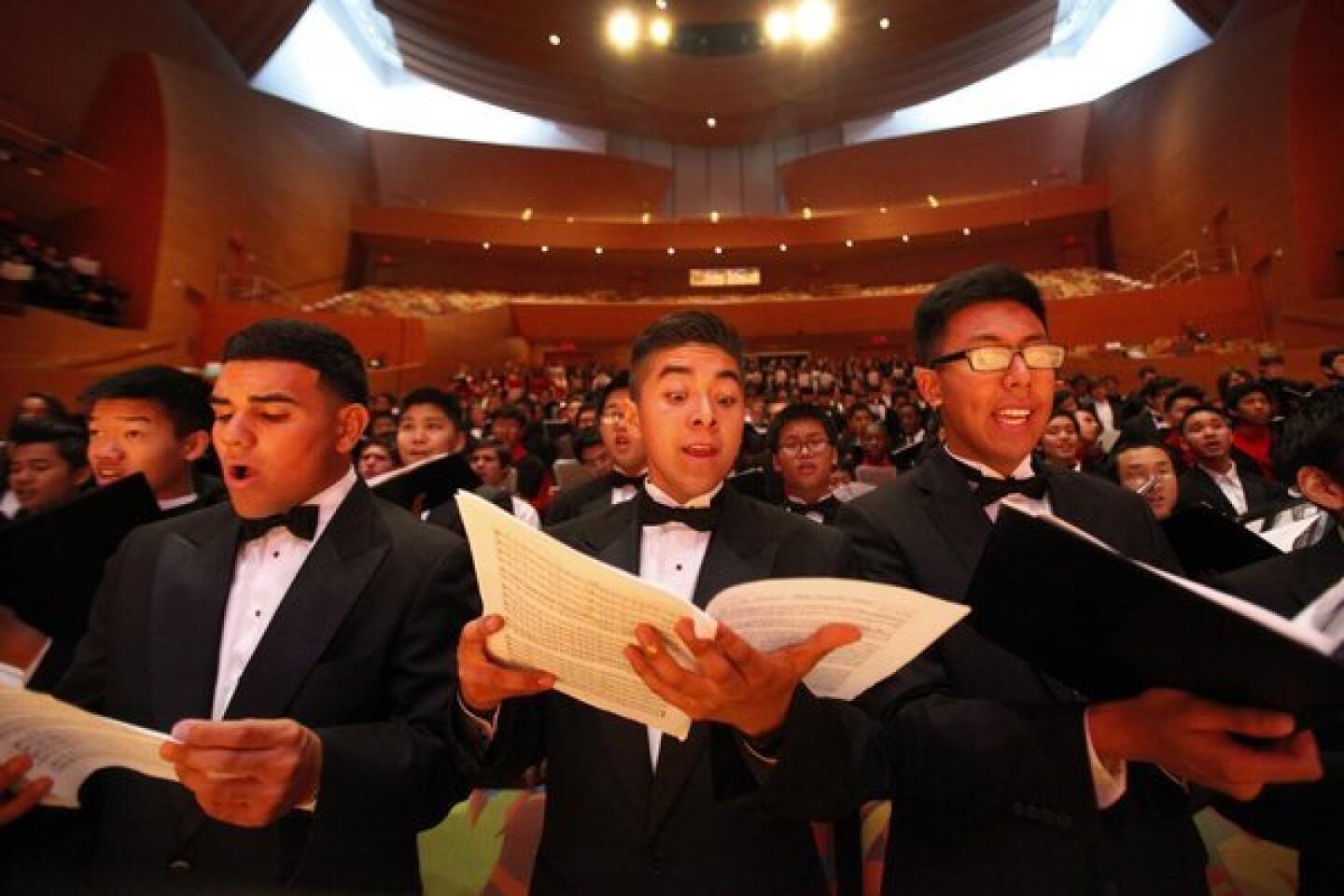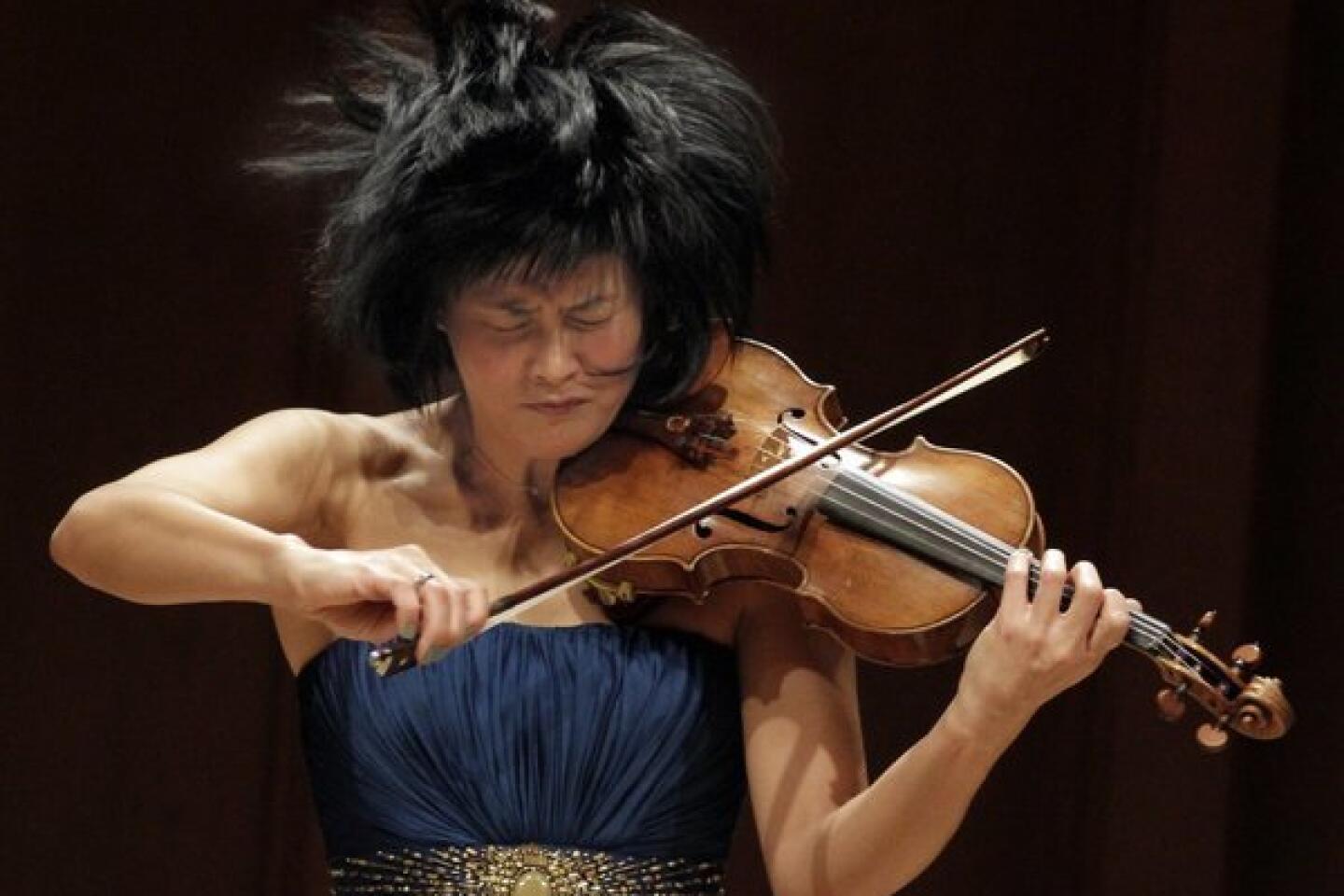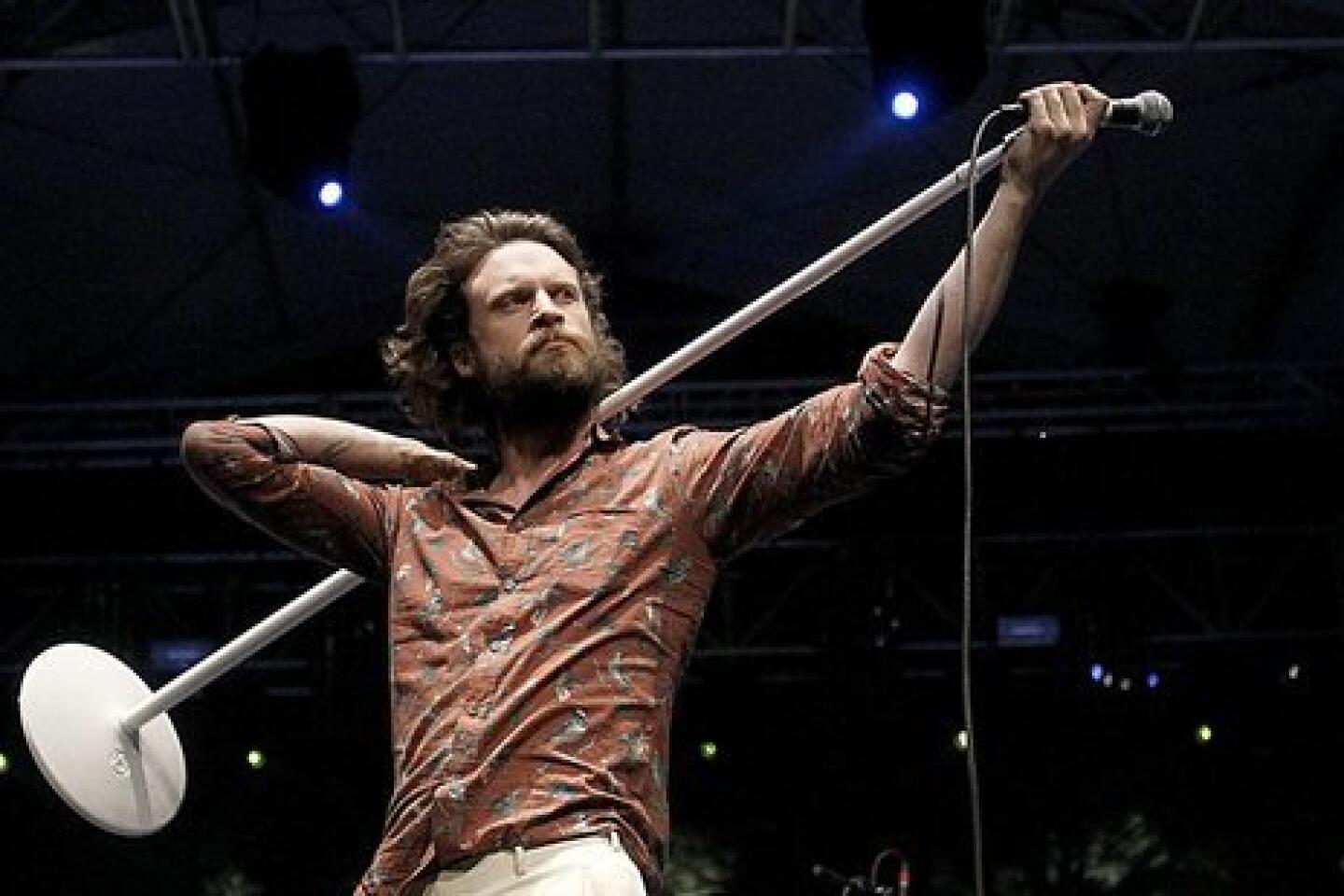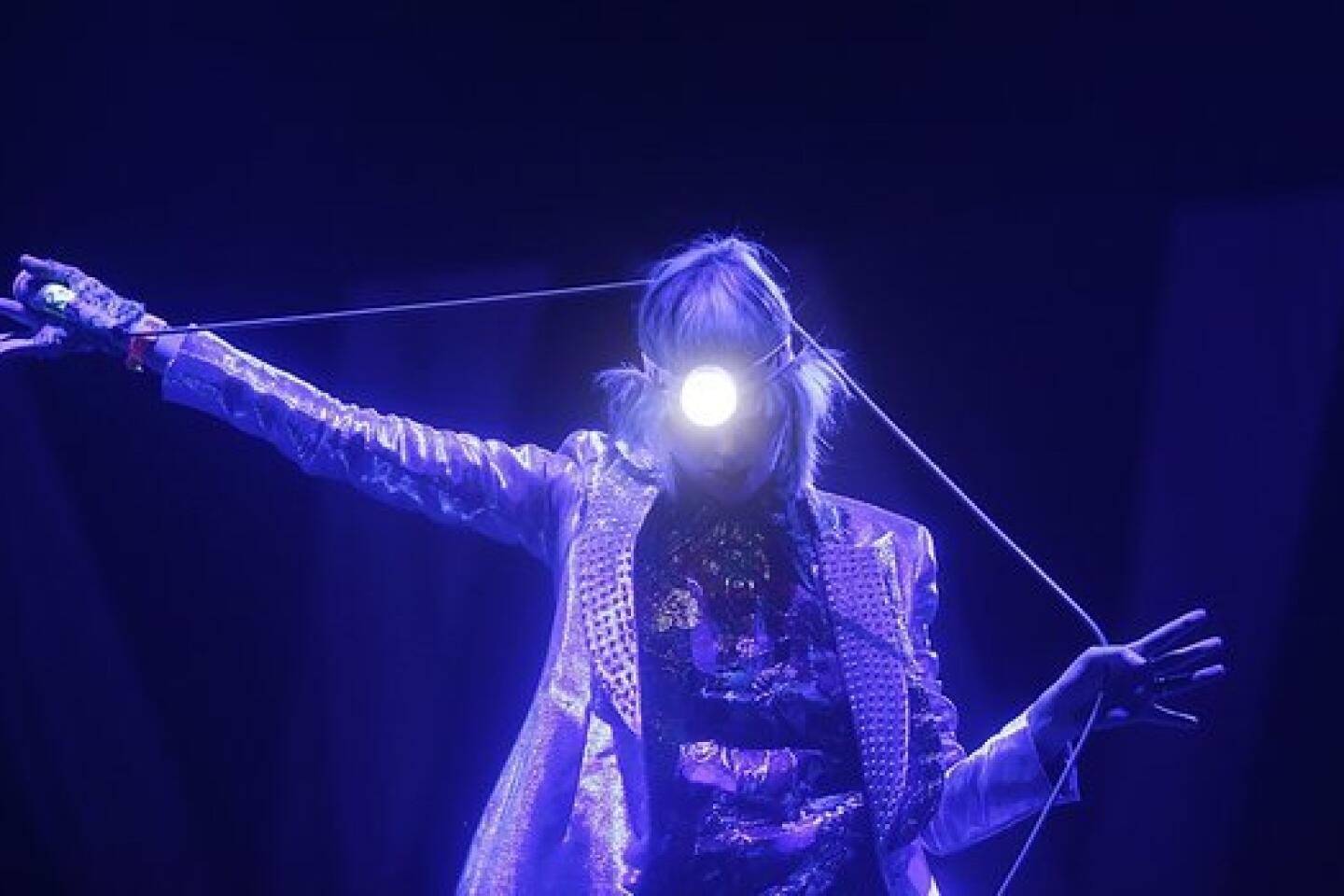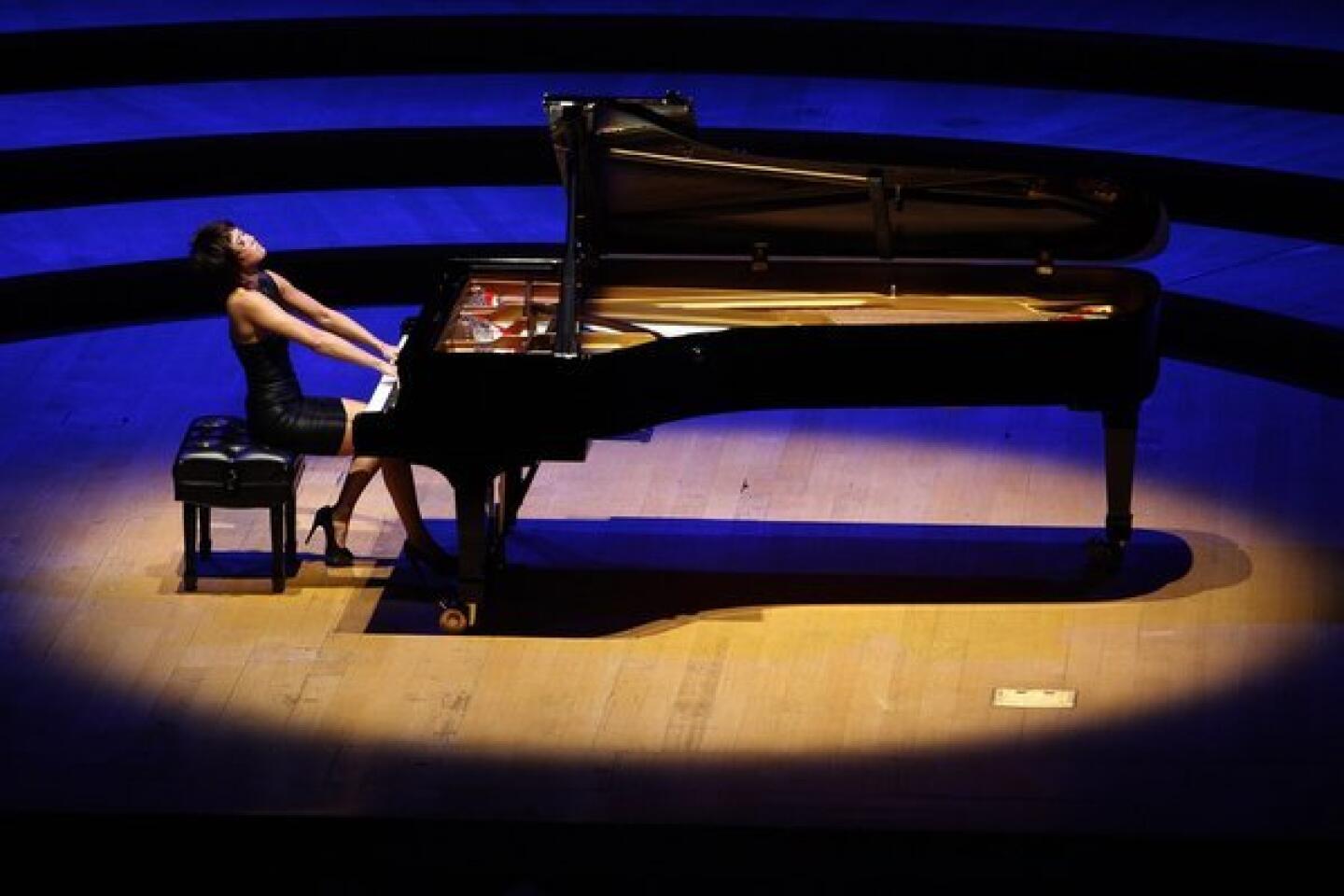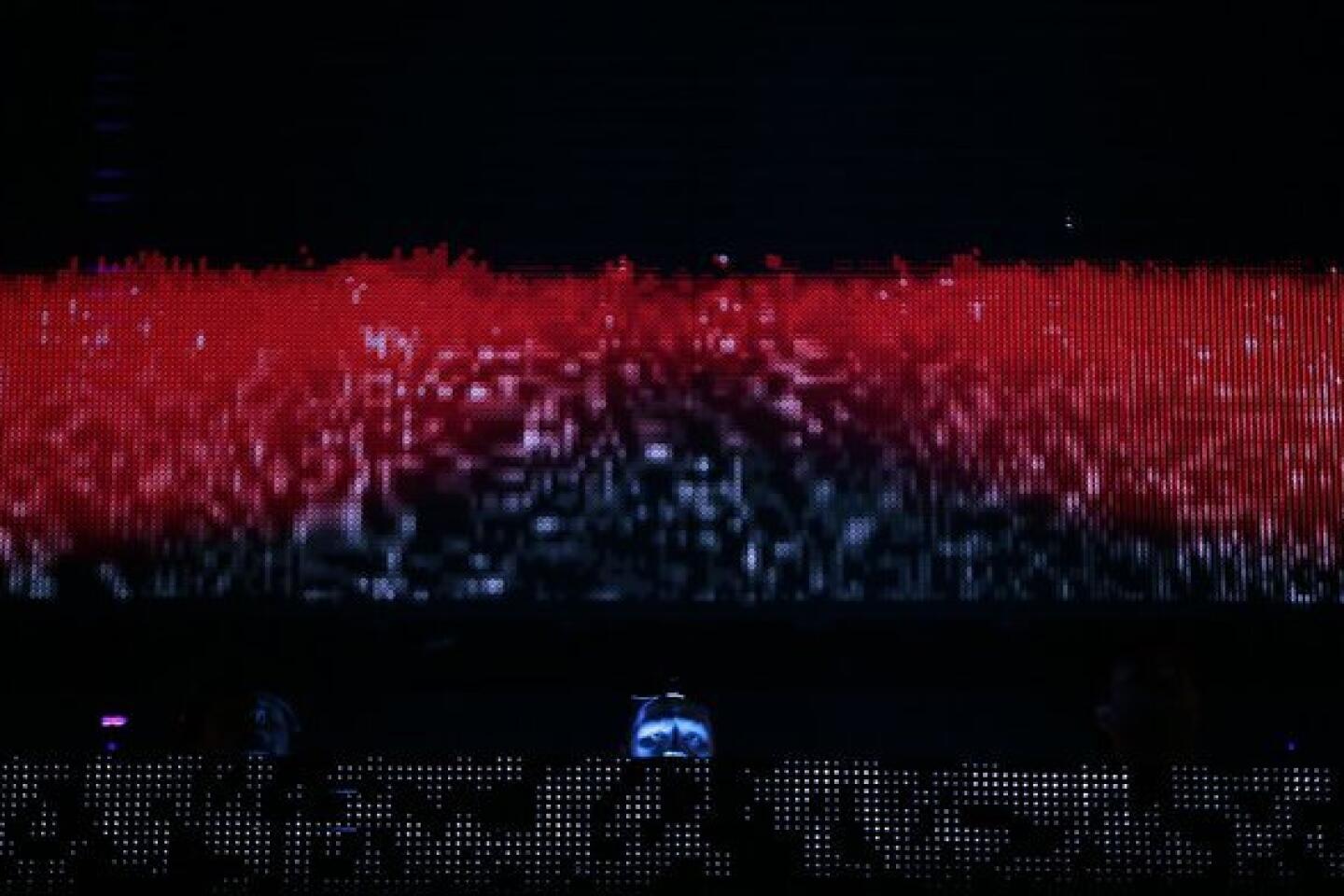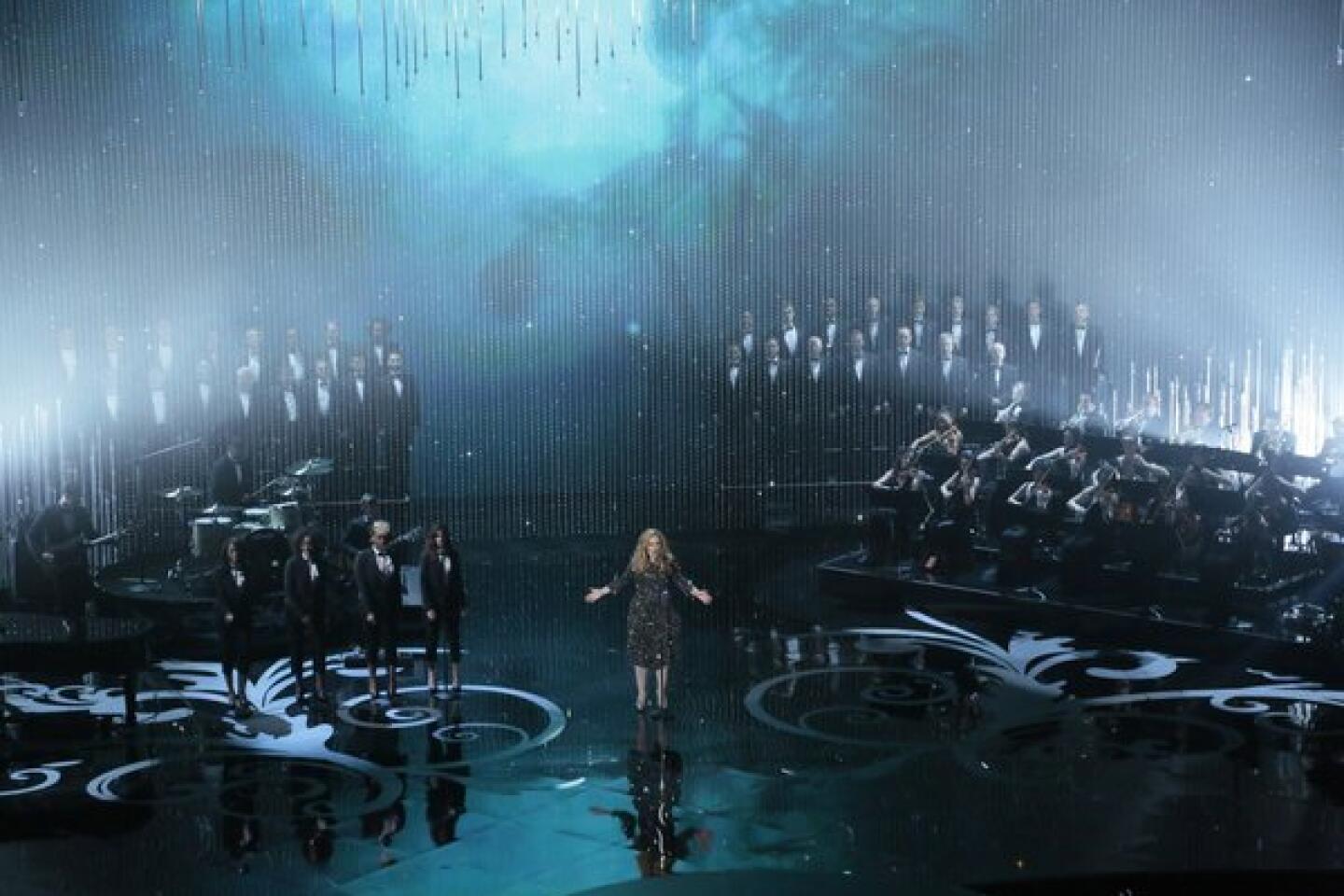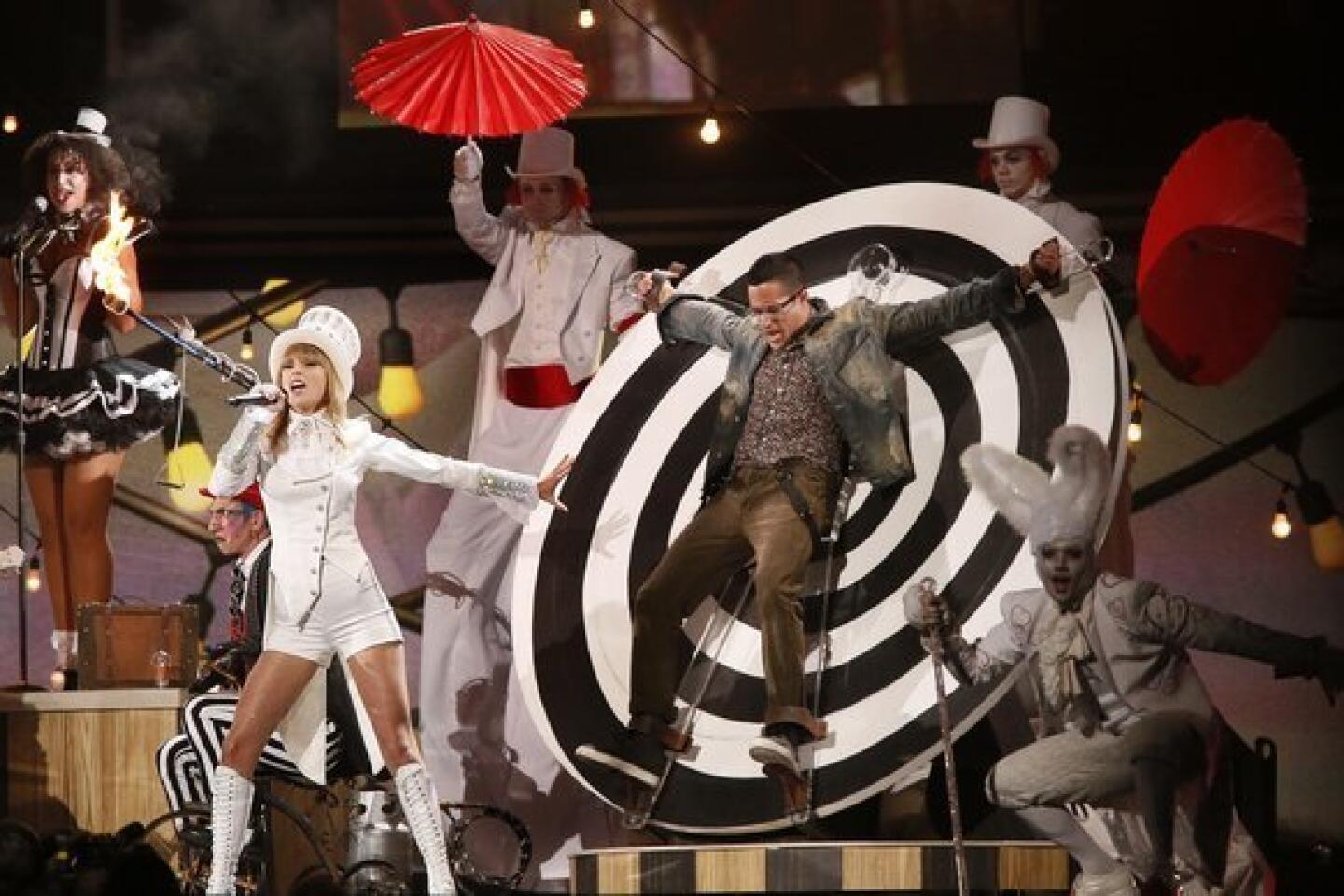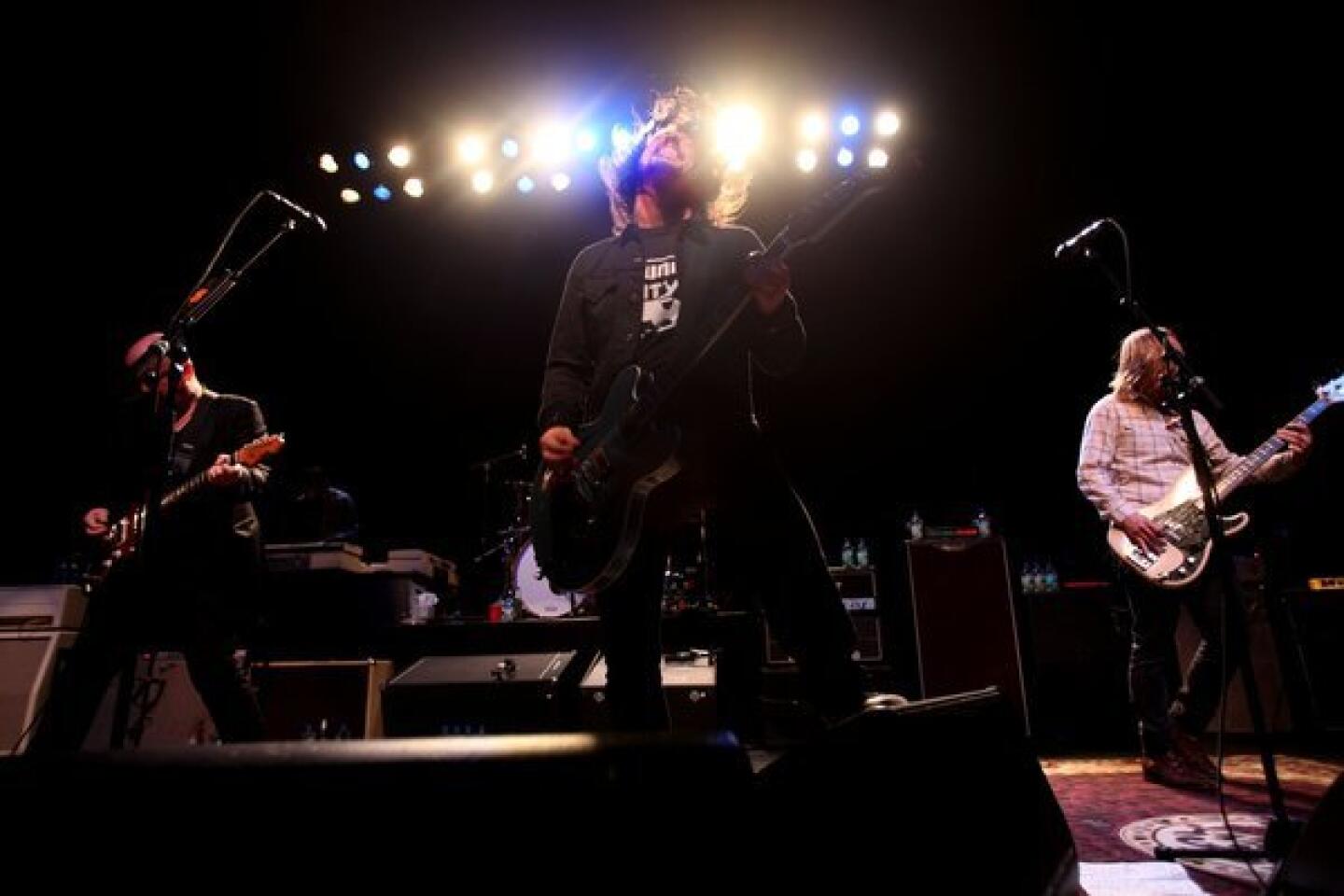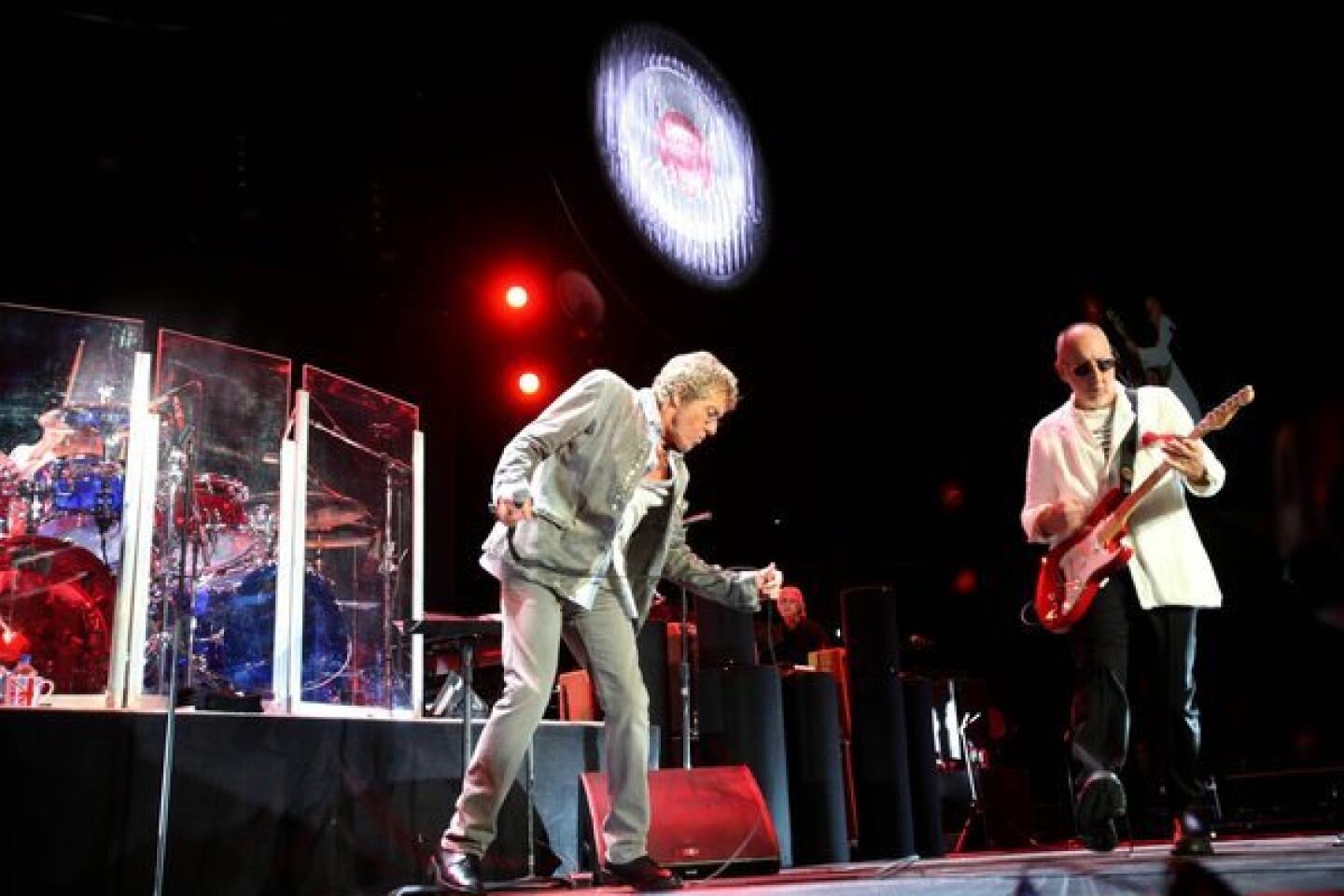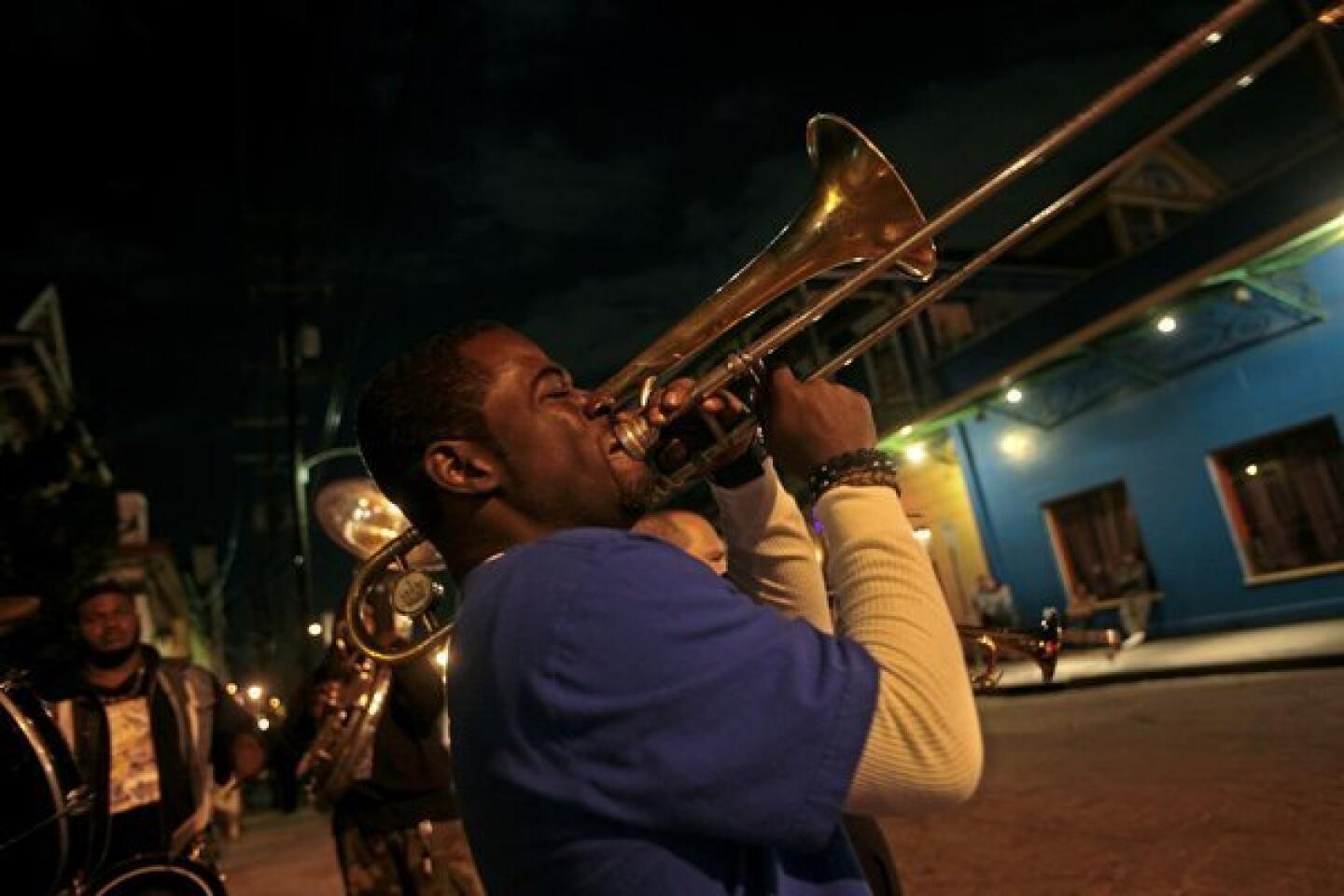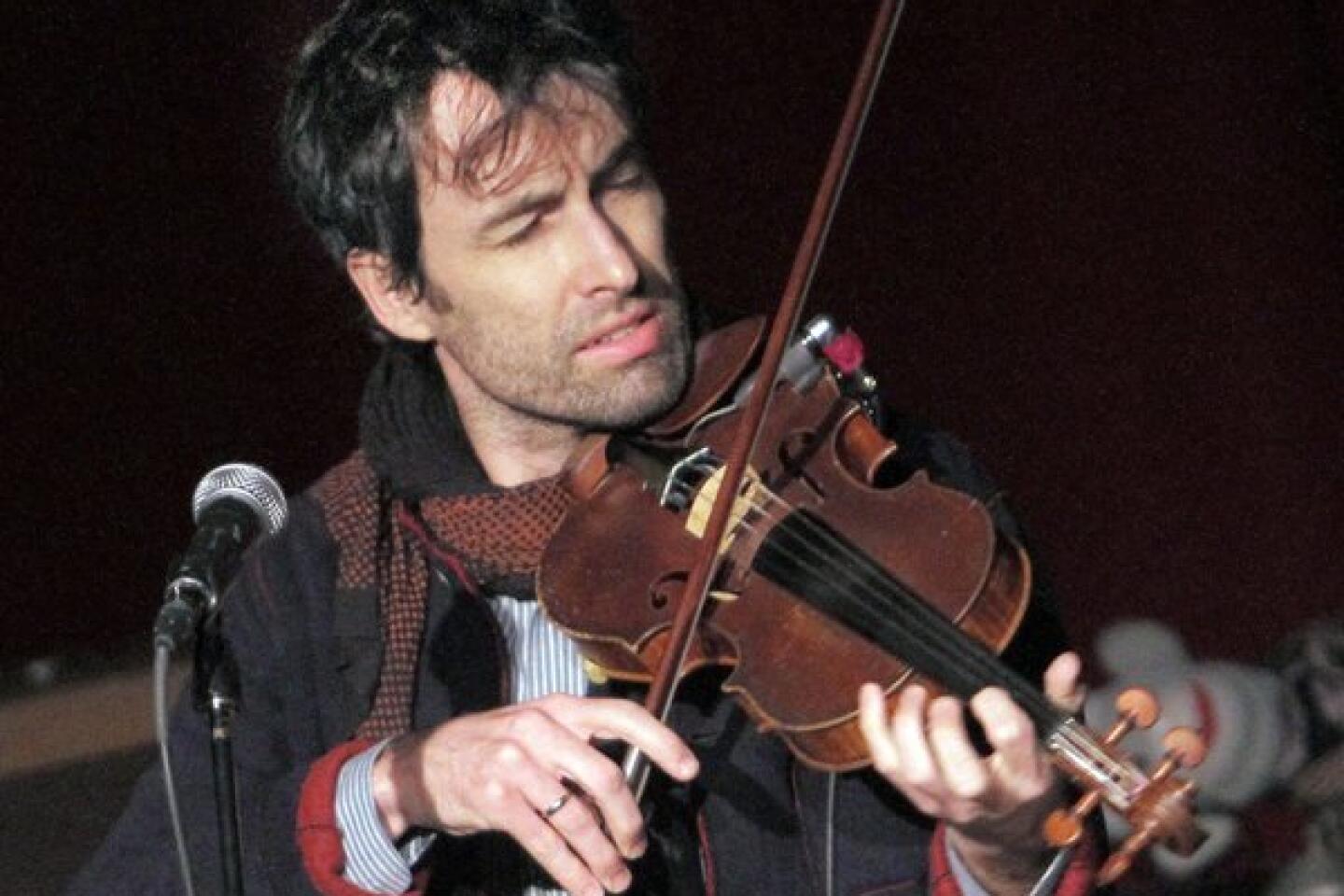Jazz piano solos reveal unique, surprising voices
- Share via
Though much of the allure of jazz lies in its possibilities of in-the-moment conversations among musicians, solo albums turn the spotlight on the music’s possibilities for personal expression. This year has brought an abundance of solo piano albums that reveals each artist’s unique voice and, through either improvisation or interpretation, his ability to surprise.
The most recent of these recordings, Geoffrey Keezer’s first solo release, “Heart of the Piano” (Motema, 2 1/2 stars), turns the spotlight on a onetime musical prodigy who backed Art Blakey in the Jazz Messengers at just 18 years old. Including a blend of originals and covers that cheerfully nod toward mainstream pop with songs by KT Tunstall, Alanis Morissette and even recent Rock Hall of Fame inductee Rush, the record highlights Keezer’s pigeonhole-resisting talents.
A version of the Canadian band’s “Limelight” keeps the anthemic drive of the original but adds a cascading swing that prog rock fans couldn’t have imagined, and a chiming Peter Gabriel’s “Come Talk to Me” rises out of a percolating slow burn into a sunlit grandeur. It’s a broad-reaching sound that comes readily to Keezer and never sounds misplaced. (He celebrates the release of this album at Vitello’s in Studio City on Friday.)
Also notable for his collaborations, pianist Marc Cary recently released an album-length dedication to the late vocalist Abbey Lincoln with “For the Love of Abbey” (Motema, 3 stars). Cary was part of Lincoln’s band for 12 years beginning in 1994, and though he doesn’t tackle her revolutionary work with ex-husband Max Roach, he offers a number of impassioned takes on her later songbook, including a darkly dramatic run through “Down Here Below” and “Throw It Away,” which tiptoes out of an insistent push from Carey’s left hand into a full-throttle strut and back again. A reverent take on Duke Ellington’s “Melancholia” underscores the album’s inward-looking themes, which capably conjure a voice that reached beyond words.
In a more reflective mood, Odessa-born pianist Vadim Neselovskyi gets a jump on the contemplative state that arrives with the turning of the leaves with “Music for September” (Sunnyside, 2 1/2 stars). A former member of vibraphonist Gary Burton’s Next Generation Quintet whose album was produced by fellow pianist Fred Hersch, Neselovskyi has no shortage of sources for advice on tastefully drawn mood pieces, but his album carries its own thoughtful signature.
With improvisation-framed takes on Bach, Chopin and Tchaikovsky, Neselovskyi seems just as comfortable dipping into the classical arena as Keith Jarrett, whose far-reaching influence can frequently be heard here. But buoyant takes on Freddie Hubbard’s “Birdlike” as well as the fluid original “San Felio” show Neselovskyi can’t be so easily categorized. Even a cover of the overworked “Body and Soul” sounds fresh, particularly if you’re fortunate enough to follow its delicate path while listening under gathering clouds.
TIMELINE: Summer’s must see concerts
Driven by a similarly bold muse, almost half of Bobby Avey’s “Be Not So Long to Speak” (Minsi Ridge, 3 1/2 stars) was drawn from songs improvised during the recording. “Our Fortune Is Running Out of Breath” sets the tone for the album’s contemplative mood with a patient, flickering grace, and the gestural “Gravity and Stillness” slowly rises out of an atmospheric hush. Elsewhere, the 12-minute “Late November” sprawls over rumbling chords into something more delicate and dream-like, and a cover of Michael Jackson’s “P.Y.T.” tilts its familiar melody into rewardingly unexpected angles that include a hitch in its chorus. A lone standard, Hoagie Charmichael’s “Stardust,” is given an even more off-center deconstruction that points toward modern classical music and a distant point somewhere beyond.
Hungarian-born pianist Laszlo Gardony set aside familiar structures for the intimate solo recording “Clarity” (Sunnyside, 3 stars). A longtime professor at Boston’s Berklee College of Music who at the time of this recording had recently lost his parents, Gardony sat at the piano, hit “record” and disappeared into a series of spontaneous compositions that cast their own contemplative spell when taken as a whole. “Working Through (Clarity)” embraces a shimmering melody rich enough to stake a pop ballad while “Better Place” captures an expansive, introspective grace.
Another highlight, the more than 10-minute “Resilient Joy,” begins as a ragtime march that ventures into a tirelessly rollicking, stride-informed bounce that capitalizes on Gardony’s roomy, ringing sound, which nearly seems to float out of tune at times. The effect for the song and the album as a whole is like hearing a precious artifact from a time either long past or, like the best improvisations, as-yet unseen.
christopher.barton@latimes.com
ALSO:
Arts and culture in pictures by The Times
Cathy Rigby sued by composer over ‘Peter Pan’ musical
U.K. is trying to thrwart Getty’s $25-million Rembrandt purchase
More to Read
The biggest entertainment stories
Get our big stories about Hollywood, film, television, music, arts, culture and more right in your inbox as soon as they publish.
You may occasionally receive promotional content from the Los Angeles Times.



